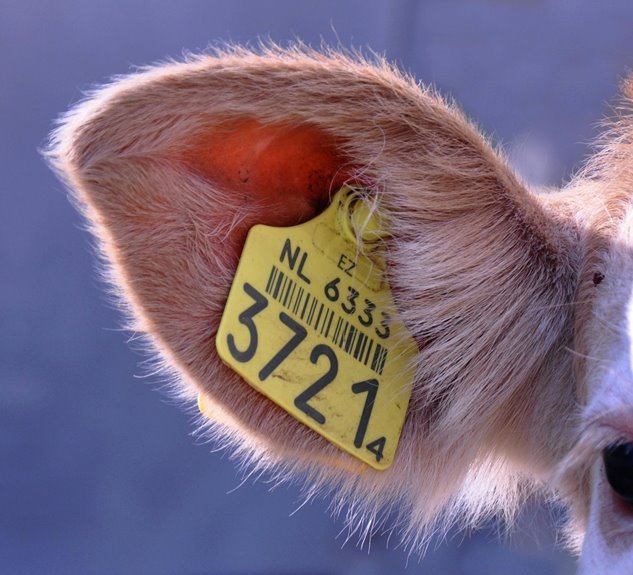Fraud Detection Regulation Oversight Tracking Network 3518280281 3922788771 3511287261 3669842780 3714910357 3292681250

The Fraud Detection Regulation Oversight Tracking Network encompasses a structured approach to compliance within the realm of fraud detection. It employs standardized protocols to navigate the complexities of regulatory discrepancies. Stakeholder collaboration is a cornerstone of this network, aiming to enhance consumer protection and maintain financial integrity. However, the evolving landscape of fraud presents ongoing challenges. Understanding the implications of this network on various sectors reveals significant insights yet to be explored.
Overview of the Fraud Detection Regulation Oversight Tracking Network
The Fraud Detection Regulation Oversight Tracking Network serves as a critical framework for monitoring and enhancing compliance with fraud detection regulations across various sectors.
This network addresses regulatory compliance by providing standardized protocols, yet it faces oversight challenges due to varying interpretations of regulations.
Effective implementation requires ongoing collaboration among stakeholders to ensure adaptive strategies that uphold integrity while respecting individual freedoms.
Technology and Methodologies Employed in Fraud Detection
Advancements in technology and methodologies significantly enhance the effectiveness of fraud detection efforts within the framework established by the Fraud Detection Regulation Oversight Tracking Network.
Machine learning algorithms analyze vast datasets, identifying patterns indicative of fraudulent behavior.
Coupled with sophisticated data analytics, these tools enable real-time monitoring and predictive insights, thereby fortifying the integrity of financial systems and empowering stakeholders with timely, actionable intelligence.
Impact on Businesses and Consumers
Although fraud detection regulations primarily aim to safeguard financial systems, their impact extends significantly to both businesses and consumers.
For businesses, compliance incurs costs, influencing operational strategies and necessitating resource allocation.
Conversely, enhanced consumer protection fosters trust and loyalty, promoting market stability.
Ultimately, these regulations shape the landscape of commerce, balancing the need for security with the freedom of business operations and consumer choices.
Future Trends in Fraud Detection and Regulatory Oversight
As technological innovations continue to evolve, the landscape of fraud detection and regulatory oversight is poised for significant transformation.
AI advancements are set to enhance predictive analytics, allowing for more accurate identification of fraudulent activities. This integration will not only streamline compliance processes but also empower organizations to proactively mitigate risks, ensuring a more robust system that aligns with the pursuit of individual freedoms.
Conclusion
In conclusion, the Fraud Detection Regulation Oversight Tracking Network acts as a vigilant lighthouse in the tumultuous sea of financial transactions, guiding stakeholders towards compliance and integrity. By leveraging advanced technologies and fostering collaboration, it not only safeguards businesses but also nurtures consumer trust. As the landscape of fraud detection evolves, this network will continue to adapt, ensuring that the principles of transparency and accountability remain steadfast, ultimately fortifying the financial ecosystem against deceitful practices.




